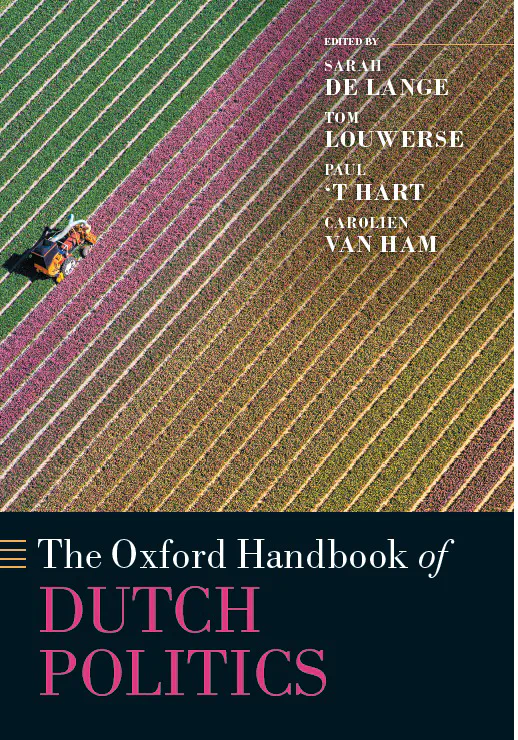Managing increased complexity in Dutch coalition politics
 Cover
CoverAbstract
Governance in the Dutch parliamentary system is characterized by majority coalition governments. Highlighting the pivotal role of these coalitions, this chapter unveils their formation, governance patterns, and termination. The electoral system’s indirect link to government formation complicates the translation of election outcomes into coalitions. As a result, lengthy post-election negotiations are the norm, and the management of coalition governance has become increasingly important as the number of coalition parties has increased compared to the 1980s. Many coalition governments resign before the end of their term due to policy conflicts in the coalition. By describing the process of government formation, mechanisms of governance and the way in which governments are terminated, discussing the major research advanced in this field, and outlining a research agenda for this topic, this chapter offers a comprehensive exploration of Dutch coalition governance dynamics.